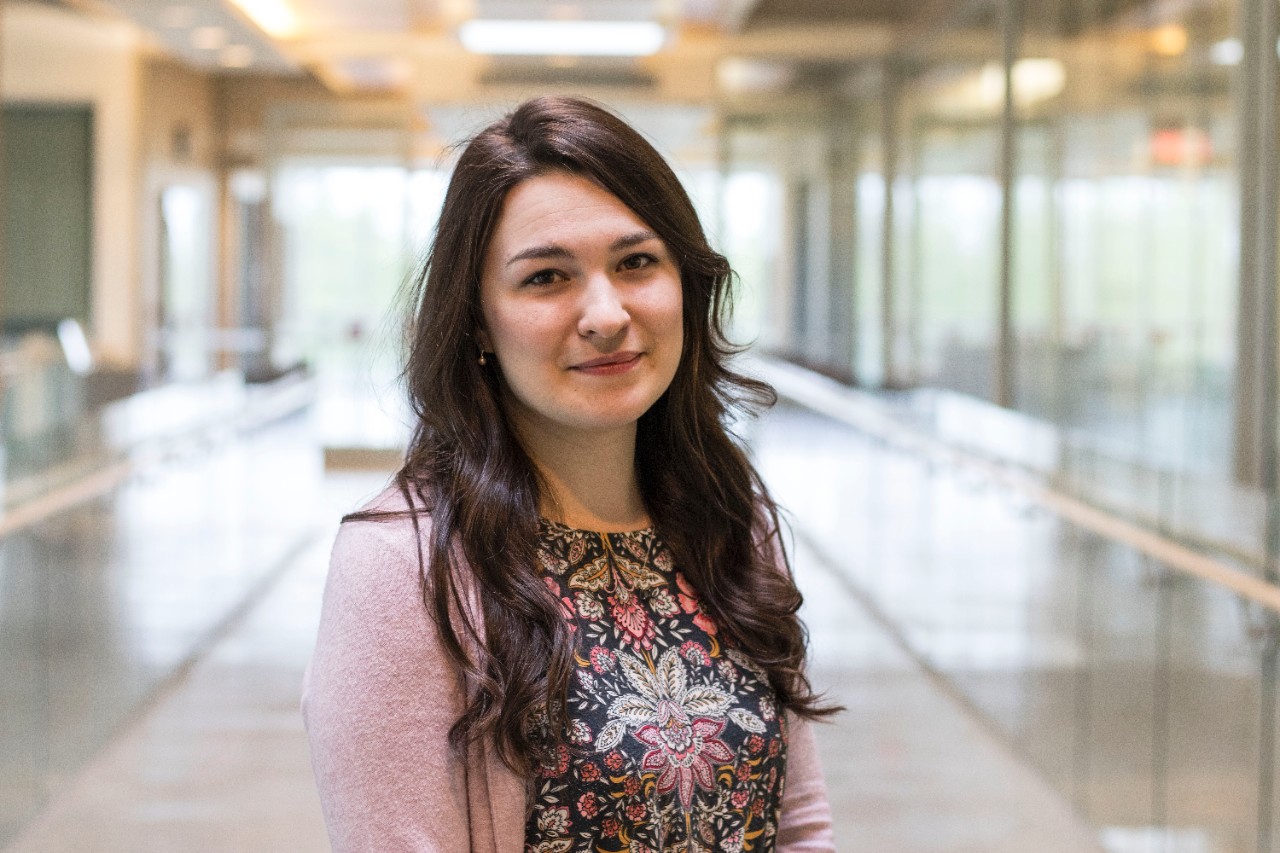
FHS Vanier Scholar hopes research will contribute to future HIV cure
By Sarah Campbell
Much is known about how HIV evolves and adapts to the human immune system during untreated infection, but in order to one day find a vaccine or cure, more knowledge is needed about the landscape of viruses lying dormant in the bodies of infected people, even when strictly adhering to antiretroviral therapy.
Natalie Kinloch, a PhD student in the Faculty of Health Sciences, hopes her research will contribute to this knowledge. Kinloch is one of six students from SFU who have been awarded the 2019 Vanier Canada Graduate Scholarship, a prestigious award supporting the research of highly qualified doctoral students.
Kinloch’s research in Associate Professor Zabrina Brumme’s lab investigates HIV genetic diversity and evolution with the goal of informing the design of both an HIV vaccine and cure.
“Right now, we’re focused on characterizing the viruses of the latent HIV reservoir that are hiding dormant in an infected person’s body and prevent HIV from being cured,” says Kinloch. “This work will give us a better understanding of the attributes of the viruses that must be targeted by any intervention hoping to achieve an HIV cure.”
The Vanier Canada Graduate Scholarship supports only 166 doctoral students across Canada each year, recognizing those students who demonstrate leadership skills and exemplary scholarly achievement.
Needless to say, Kinloch was ecstatic to learn she had been selected and it still has not fully sunk in yet.
“I feel so honoured to have won this award; such a prestigious scholarship could really open doors for me in the future and will allow me to focus exclusively on my research for the next few years!”
Kinloch has been with the Faculty of Health Sciences since 2010, completing a BSc (Honours) in Health Sciences before pursuing graduate studies. During her time working on her undergraduate honours thesis in Brumme’s lab, she looked at the genetic diversity and evolution of HIV over the course of the epidemic in North America as relevant to the development of an HIV vaccine. It was through this experience that Kinloch decided to continue in research.
“I quickly realized how much I loved research and how meaningful it can be to be part of a wider community of people all putting their heads together to try to help others around the world.”
Remaining at SFU for her doctoral studies allowed her to continue collaborating with leading researchers in HIV evolution and genetic diversity, including Brumme. Kinloch is also quick to point out other highlights of her SFU experience.
“I love the close-knit community at SFU, in FHS and within our lab group; this family-like atmosphere has created a supportive culture that has been critical to my success. I have been fortunate to have the opportunity to learn from a passionate group of peers from all disciplines during graduate school and to collaborate with folks from all over the world,” says Kinloch. “This has given me a more diverse perspective on science and research, which is invaluable for a young researcher today.”

